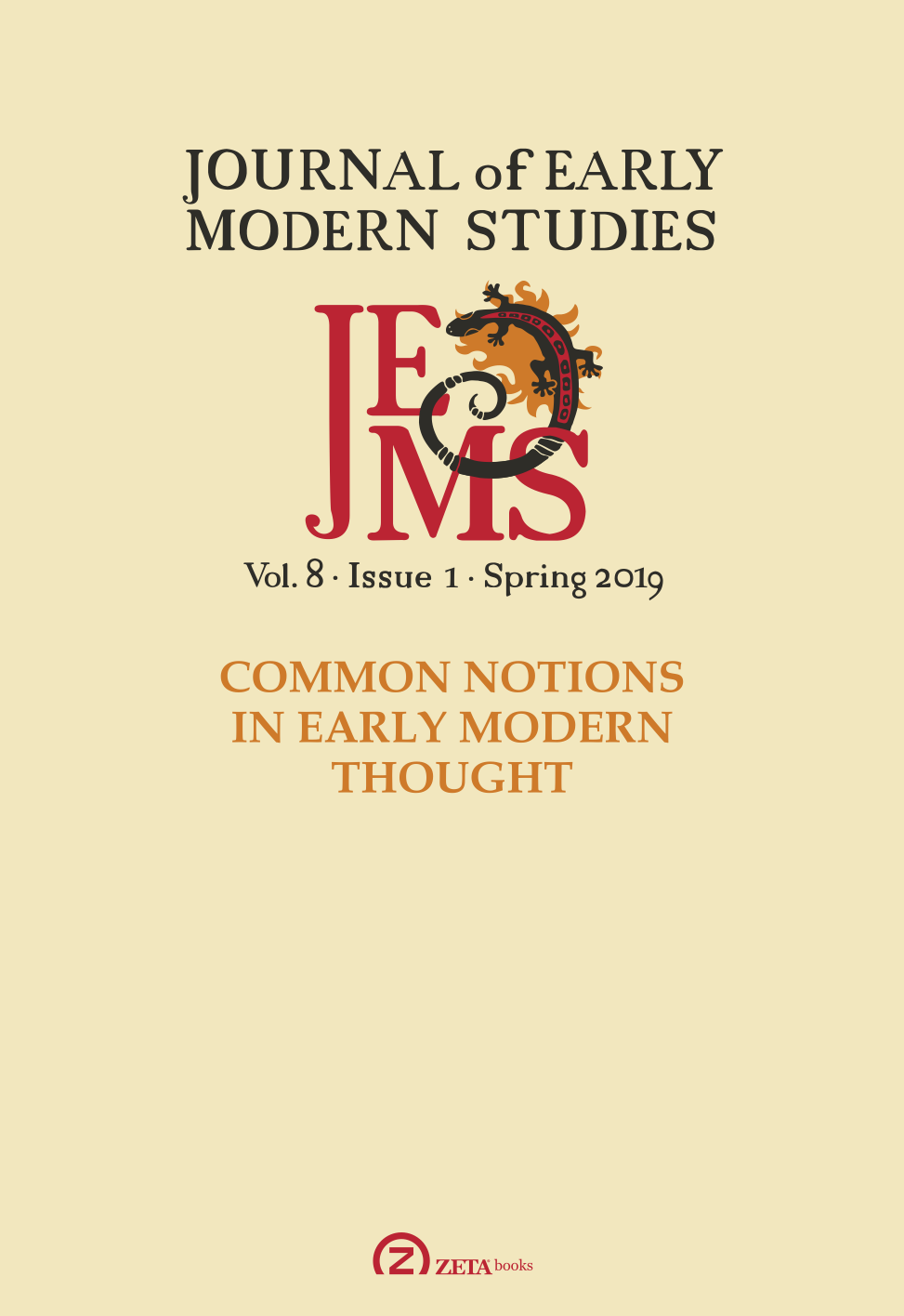Common Notions and Instincts as Sources of Moral Knowledge in Leibniz’s New Essays on Human Understandin
Common Notions and Instincts as Sources of Moral Knowledge in Leibniz’s New Essays on Human Understandin
Author(s): Markku RoinilaSubject(s): Philosophy, History of Philosophy, Early Modern Philosophy
Published by: Zeta Books
Keywords: Common notions; innateness; instincts; practical reasoning; pleasure; Leibniz;
Summary/Abstract: In his defense of innateness in New Essays on Human Understanding (1704), Leibniz attributes innateness to concepts and principles which do not originate from the senses rather than to the ideas that we are born with. He argues that the innate concepts and principles can be known in two ways: through reason or natural light (necessary truths), and through instincts (other innate truths and principles). In this paper I will show how theoretical and moral reasoning differ from each other in Leibniz, and compare moral reasoning and instincts as sources of knowledge in his practical philosophy. As the practical instincts are closely related to pleasure and passions, which are by nature cognitive, my emphasis will be on the affective character of instinctive moral action and especially deliberation which leads to moral action. I will argue that inclinations arising from moral instinct, which lead us to pleasure while avoiding sorrow, can direct our moral action and sometimes anticipate reasoning when conclusions are not readily available. Acting by will, which is related to moral reasoning, and acting by instincts can lead us to the same moral knowledge independently, but they can also complement each other. To illustrate the two alternative ways to reach moral knowledge, I will discuss the case of happiness, which is the goal of all human moral action for Leibniz.
Journal: Journal of Early Modern Studies
- Issue Year: 8/2019
- Issue No: 1
- Page Range: 141-170
- Page Count: 30
- Language: English
- Content File-PDF

